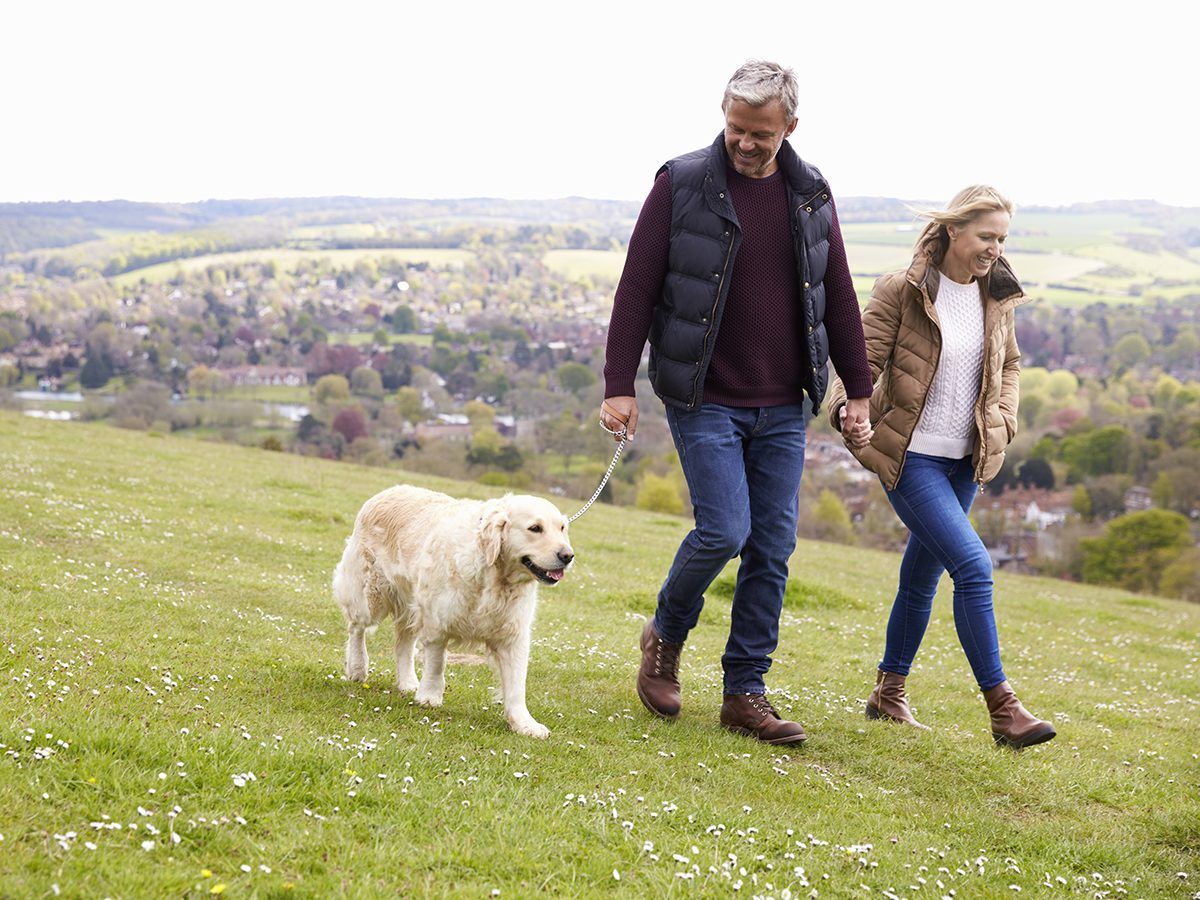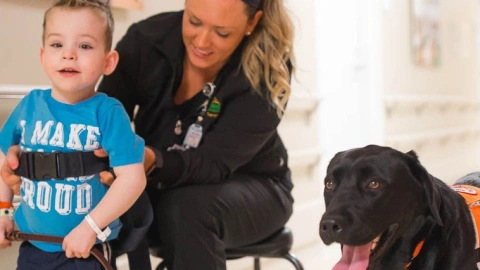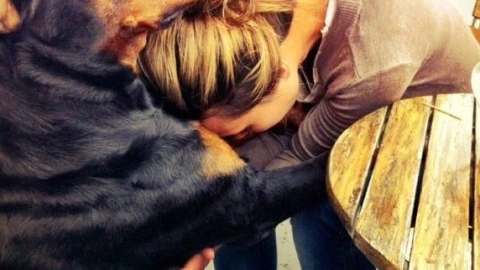Dog / Detail
Playful Pup, Serious Problem: Managing Overly Enthusiastic Dogs
Jonathan Bennet | 12 October 2024 | 16:10
Dogs are renowned for their playful nature, often bringing joy and laughter into our lives. However, excessive enthusiasm can sometimes lead to unintended consequences. Overly playful dogs might exhibit behaviors like chasing vehicles, nipping at pedestrians, or jumping on people, causing potential harm or legal issues.
This article will delve into the causes of such behavior, offer strategies to manage these playful pups, and discuss the legal implications of dog-related incidents.

Understanding Overly Playful Dogs
A dog's playfulness is a natural instinct, serving various purposes such as socialization, exercise, and stress relief. However, when this playfulness becomes excessive or uncontrolled, it can lead to problems.

Several factors can contribute to a dog's overly playful behavior:
- Breed Predisposition: Certain dog breeds, known for their high energy levels or herding instincts, may be more prone to excessive playfulness. Examples include Border Collies, German Shepherds, and Labrador Retrievers.
- Lack of Exercise: Insufficient physical and mental stimulation can lead to boredom and frustration, which may manifest as excessive playfulness.
- Inconsistent Training: A lack of proper training or inconsistent rules can confuse a dog and contribute to unwanted behaviors.
- Fear or Anxiety: In some cases, excessive playfulness can be a coping mechanism for underlying fear or anxiety.
Managing Overly Playful Dogs

To address excessive playfulness in your dog, consider the following strategies:
- Adequate Exercise: Ensure your dog receives sufficient physical and mental stimulation. Regular walks, playtime, and training sessions can help channel their energy in a positive way.
- Positive Reinforcement Training: Use positive reinforcement techniques to teach your dog appropriate behaviors. Reward good behavior and avoid punishment, as it can lead to fear and anxiety.
- Socialization: Expose your dog to various people, animals, and environments from a young age. Socialization can help them learn appropriate social behaviors and reduce anxiety.
- Leash Training: Always keep your dog on a leash in public areas to control their behavior and prevent accidents.
- Professional Help: If you're struggling to manage your dog's excessive playfulness, consider consulting with a professional dog trainer or behaviorist. They can provide tailored advice and training techniques.

Legal Implications of Dog-Related Incidents
Dog owners can face legal consequences if their dog causes damage or injury. The specific laws and regulations vary by jurisdiction, but common legal issues related to overly playful dogs include:
- Property Damage: If your dog damages someone's property, you may be liable for the costs of repairs.
- Personal Injury: If your dog bites or injures someone, you could face civil lawsuits or criminal charges.
- Negligence: If you fail to properly control your dog and it causes harm, you may be accused of negligence.
To protect yourself and your dog, it's essential to take steps to prevent accidents and address any behavioral issues promptly. Consider investing in dog liability insurance to cover potential legal costs.

Preventing Accidents
- Secure Your Yard: Ensure your yard is properly fenced to prevent your dog from escaping and causing trouble.
- Supervise Your Dog: Never leave your dog unattended in public areas or near busy streets.
Avoid Provocative Situations: Be mindful of situations that might trigger your dog's playful instincts, such as teasing or playing rough.
By understanding the causes of excessive playfulness and implementing appropriate management strategies, you can help your dog live a happy and well-adjusted life while minimizing the risk of legal issues. Remember, patience, consistency, and positive reinforcement are key to training any dog.
Related
-

The Healing Power of Dogs: How Canine Therapy is Revolutionizing Mental Health and Boosting Positive Energy in Humans
Dog14 November 2024
-

A Pawsitive History: Dogs of Nuremberg
Dog09 November 2024
-

The Role of Oxytocin in the Human-Dog Bond: The Science Behind Our Deep Connection
Dog06 November 2024
-

Beyond the Beach: Jamaica's Dog Lovers
Dog29 October 2024
-

A Dog's Delights: Homemade Snacks for Our Furry Babies, Recipes Included!
Dog29 October 2024
-

A Dog's Disorientation: Understanding Your Dogs' Wanderlust
Dog29 October 2024
Popular
-

-

A Pawsitive History: Dogs of Nuremberg
09 November 2024 -

-

Beyond the Beach: Jamaica's Dog Lovers
29 October 2024 -
